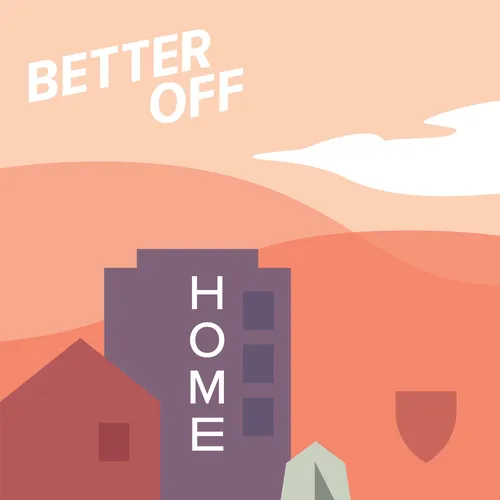
Better Off
The latest from public health experts on how we can all lead healthier lives.
- Update frequency
- every 11 days
- Average duration
- 18 minutes
- Episodes
- 189
- Years Active
- 2015 - 2023

Confronting the Climate Crisis: Earth Day at 50
What has the environmental movement accomplished since the first Earth Day in 1970? Where is the movement headed? Gina McCarthy, president and CEO of the Natural Resources Defense Council and chair o…
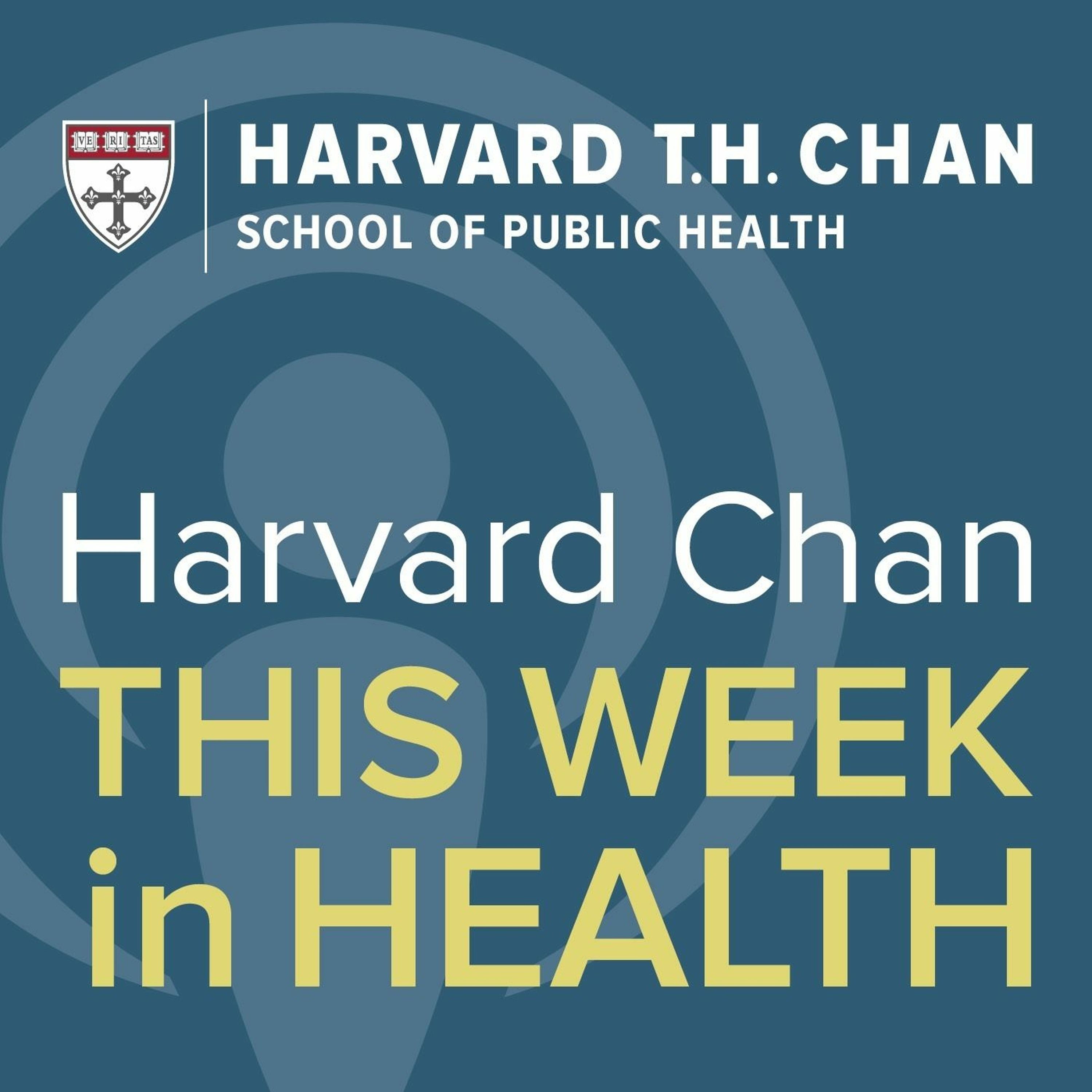
Gaining insight into women's health
Could an app help scientists better understand menstruation, fertility, and menopause? On the latest episode of This Week in Health, Shruthi Mahalingaiah and JP Onnela talk about the groundbreaking A…

Addressing the Opioid Crisis: Lessons Learned from New York City
Before Mary Bassett was director of Harvard’s FXB Center for Health and Human Rights, she was New York City’s Health Commissioner. Bassett talks about her experience dealing with the growing opioid e…

Addressing the Opioid Crisis: Unpacking Stigma
Shelly Greenfield to unpacks the stigma that surrounds addiction. A psychiatrist from Harvard’s McLean hospital, Greenfield specializes in addiction—how patients cope with it, how it factors into tre…

Addressing the Opioid Crisis: Ending Over-Prescription
Physicians’ over-prescription of opioid painkillers opened the door to the current opioid crisis. What can health care providers do to fix it?
Chad Brummett, a pain management specialist from the Uni…

August 8, 2019: Using music to combat HIV in Zambia
Each year in Zambia, 60,000 people are infected with HIV, and more than 20,000 die of AIDs. In all, it’s estimated that more than 1.2 million people in the country are living with HIV. Research shows…
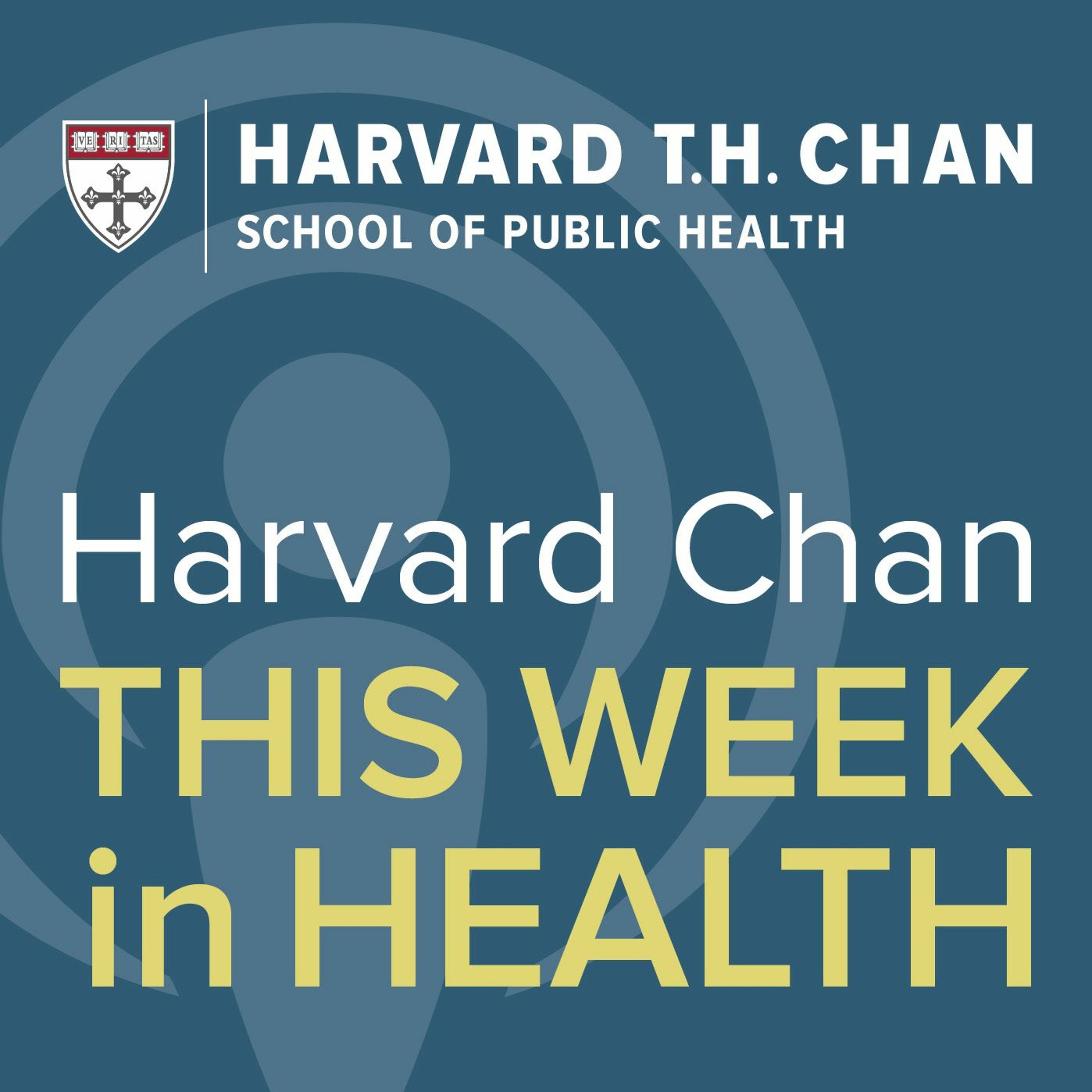
July 25, 2019: Professional sports and health
In this week’s episode we're talking about new research comparing the health of athletes in the National Football League and Major League Baseball. The study looked at 6,000 athletes between the year…

July 11, 2019: Human flourishing and public health
What does it mean for someone to flourish? Flourishing is more than just being happy—although that’s a part of it. But the idea of flourishing expands beyond happiness to look at a person’s overall w…

June 19, 2019: Creating an inclusive environment for transgender and gender-nonbinary teens
A new study shows that transgender and gender-nonbinary teens face a greater risk of sexual assault in schools that prevent them from using bathrooms or locker rooms consistent with their gender iden…

June 6, 2019: Women are America's 'supermajority'
In this week's podcast we're sharing a special conversation between Cecile Richards, former president of Planned Parenthood and one of the co-founders of Supermajority, and Mary Bassett, director of …

May 31, 2019: A new approach to fighting malaria
Each year, more than 200 million people around the world are infected with malaria and more than 400,000 die. For the past two decades, the most successful method of malaria prevention has involved t…

May 10, 2019: Transforming America's 'sick care' system
Rear Admiral Sylvia Trent-Adams has been caring for people since she was just a child. When Trent-Adams was just 12 she volunteered as a candy striper at Lynchburg General Hospital in Virginia. The R…

April 25, 2019: There are no 'low-hanging fruits' in science
Noncommunicable diseases—or NCDs—are the leading cause of death around the world. And of those NCDs, chronic cardiometabolic conditions—such as heart disease and diabetes—are particularly deadly. For…

April 18, 2019: The future of cancer prevention (part 2)
In 2018, colorectal cancer was the third-most common diagnosed cancer among both men and women in the U.S., and data indicate that younger adults are increasingly being diagnosed with it. A new resea…
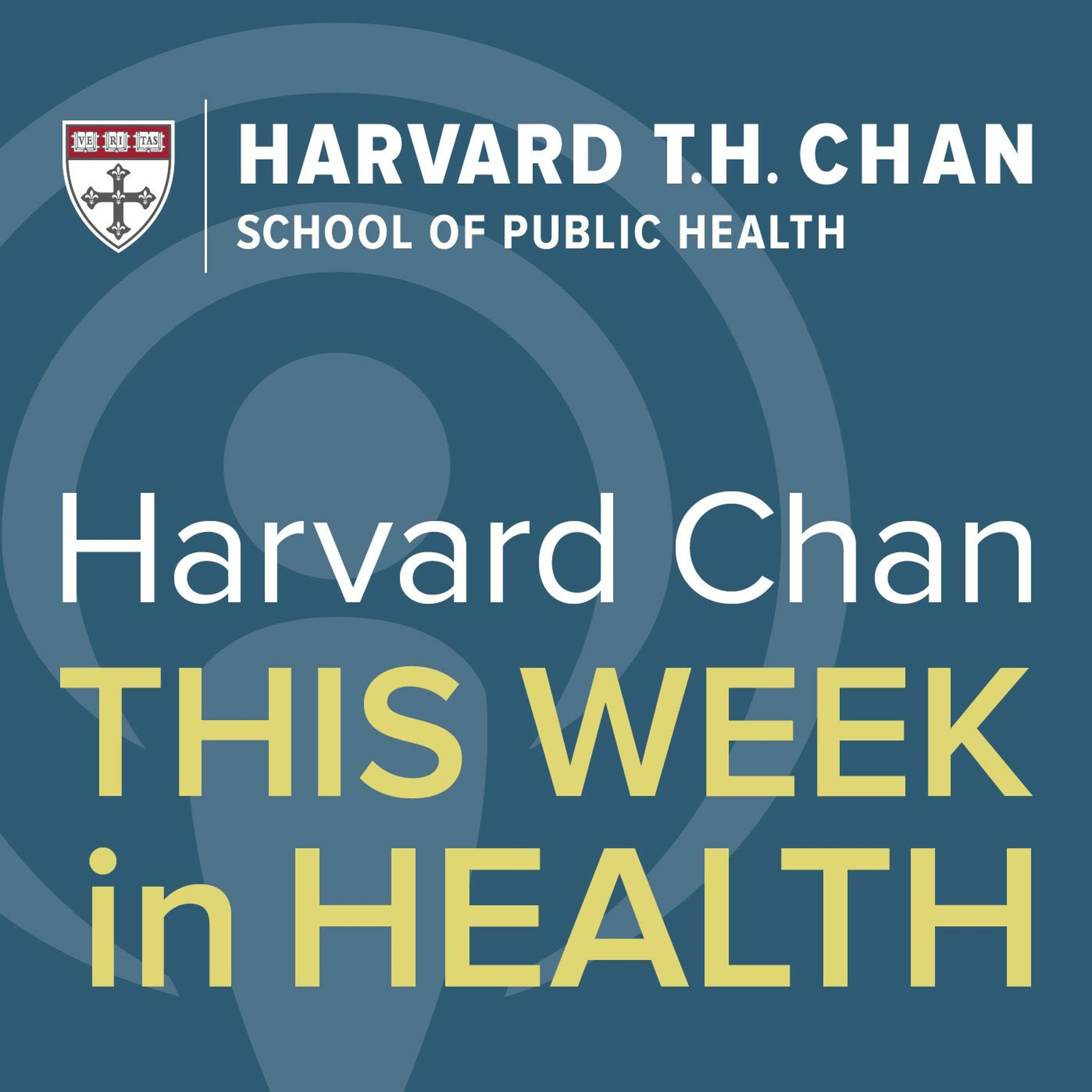
April 4, 2019: The future of cancer prevention (part 1)
The statistics on cancer worldwide are staggering: In 2018, more than 18 million people worldwide were diagnosed with the disease, and nearly 10 million died from it. And the burden of cancer is onl…

March 22, 2019: What can design do for public health?
When many people think of design they’re probably picturing a product, like a new smartphone or car. But the design principles that lead to the creation of those products—such as the focus on human b…

March 7, 2019: Many U.S. schools aren't testing drinking water for lead
The traditional public health mantra is that there is no safe level of lead for kids. But a new report from the Harvard Prevention Research Center on Nutrition and Physical Activity finds that many k…
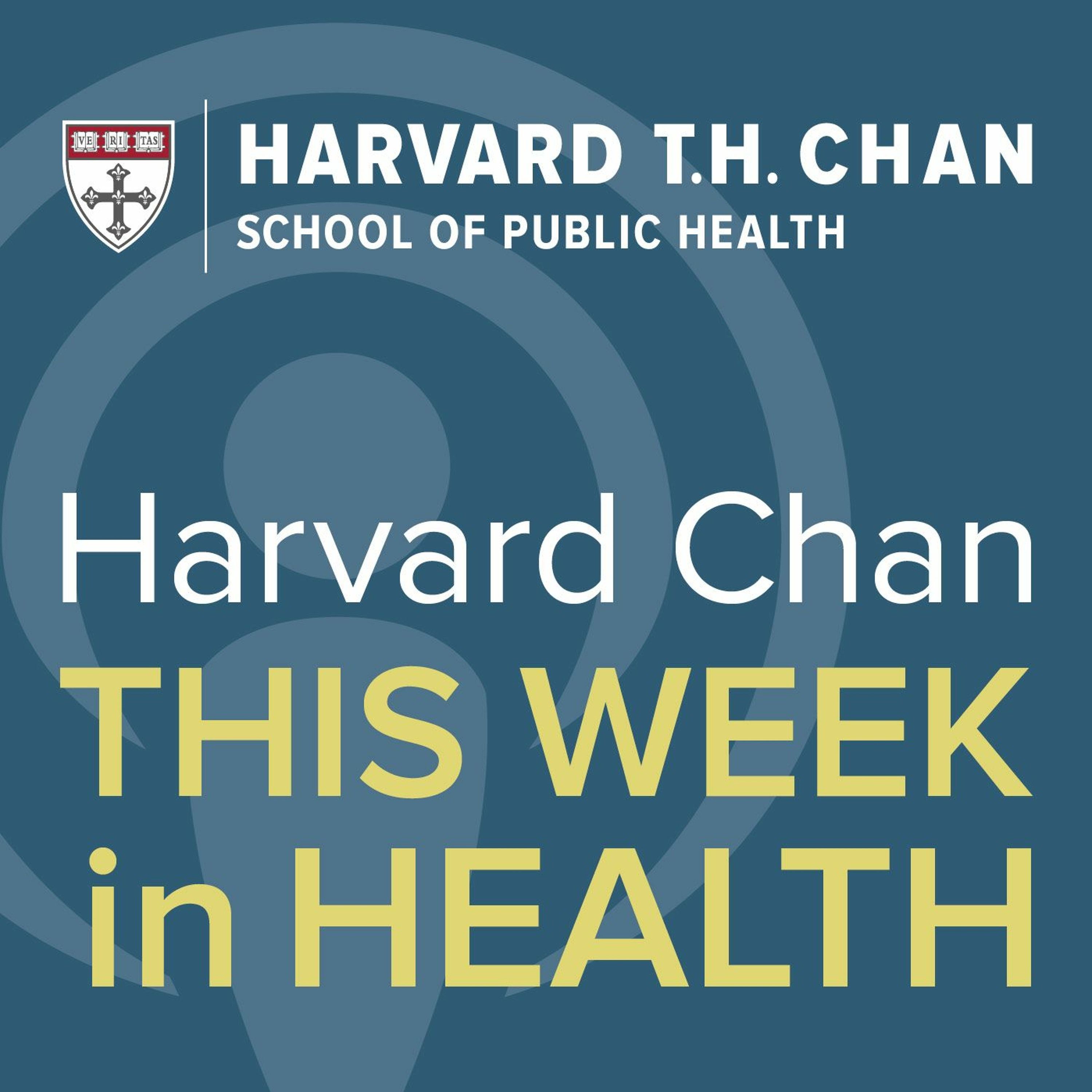
February 21, 2019: The connection between coral reefs and human health
Coral reefs aren’t just beautiful. They’re the most biologically diverse ecosystems in the oceans, and can provide food, jobs, and protection from storms for coastal communities. But reefs around the…

Feb. 5, 2019: The toll of gun violence in America
Each year in the U.S. more than 30,000 people are killed by guns—with two-thirds of those deaths being suicide. And there are tens of thousands non-fatal injuries. Yet research into preventing firear…
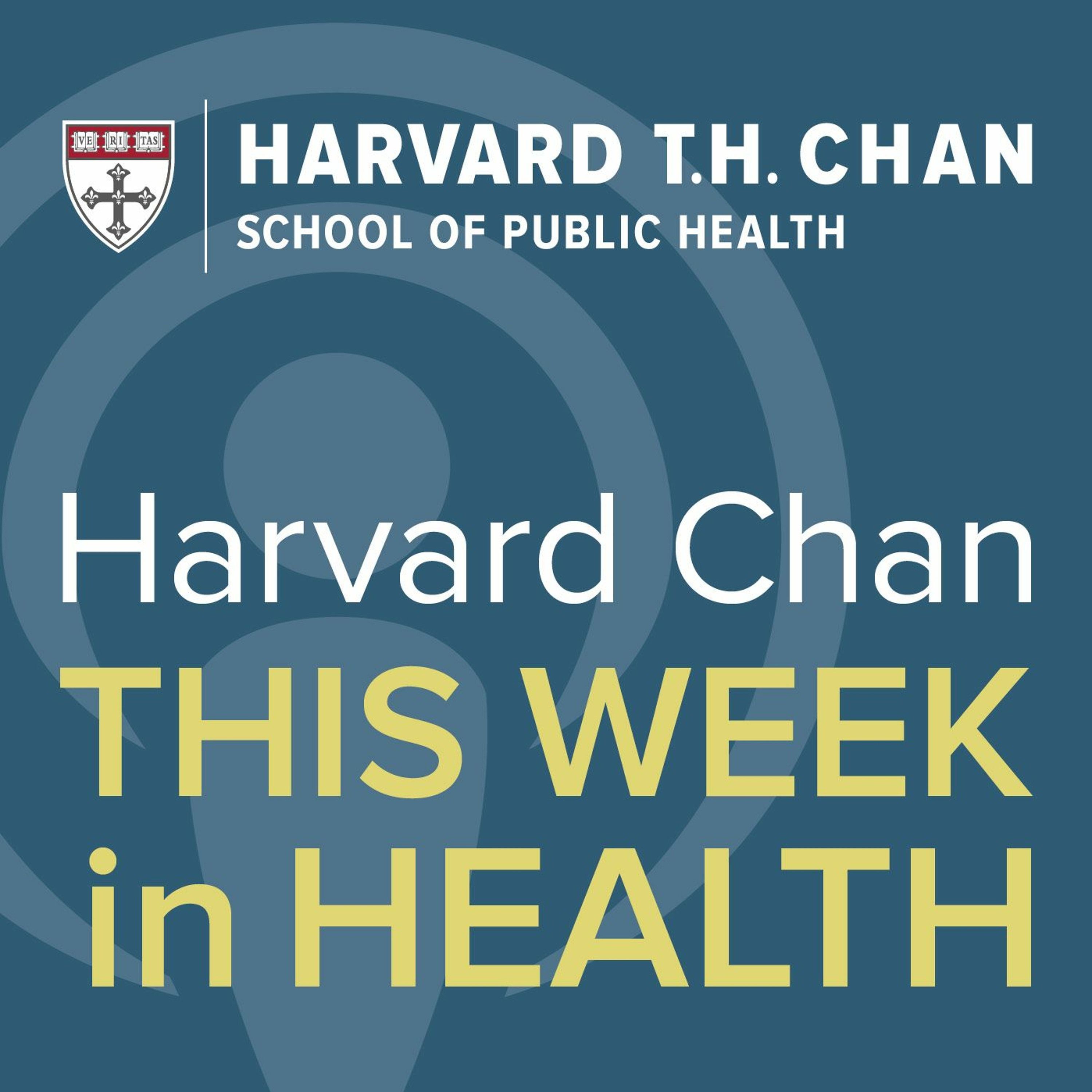
January 24, 2019: Heat is a 'silent killer'
Climate change will mean more extreme weather, including heat waves. And it’s not a distant threat—we’re already seeing the effects now in the United States. In this week’s episode, we explore the he…